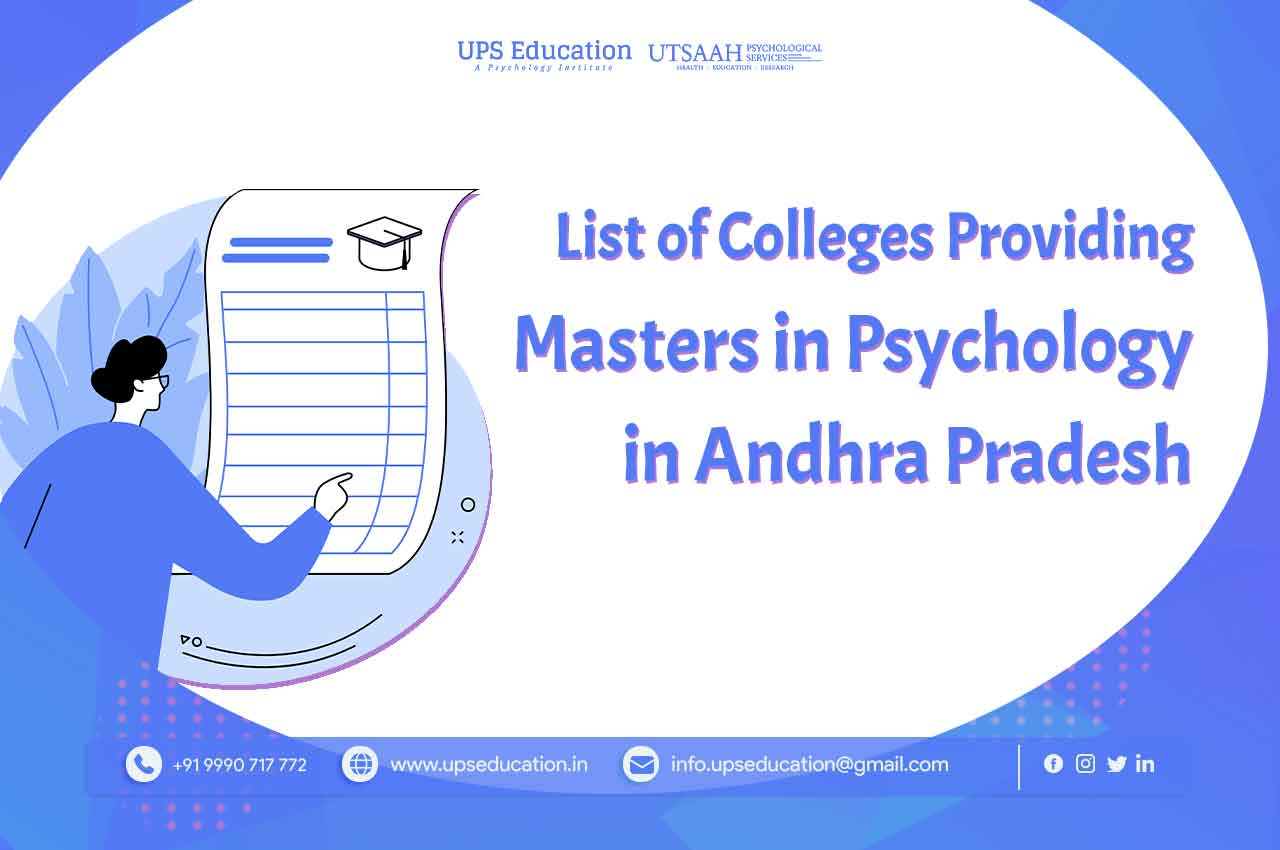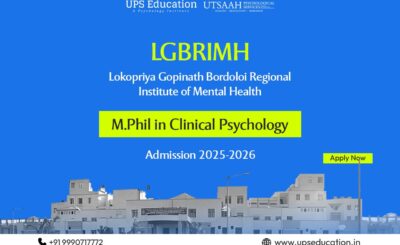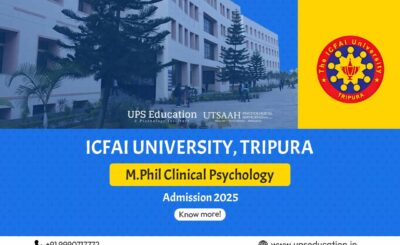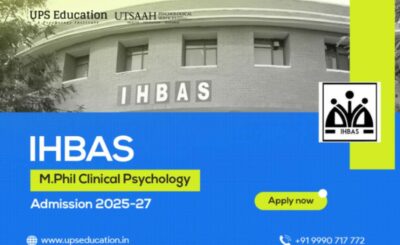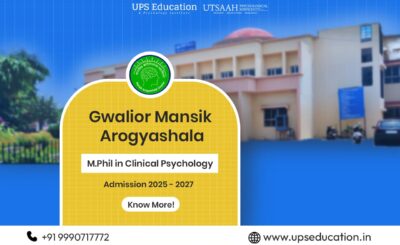![]()
Continuing our series of colleges providing Masters in Psychology in various States of India. This article includes the college providing a Master’s in psychology in Andhra Pradesh. Here are various Universities, Colleges, and Institutions that provide this course. We have mentioned some of the institutions vastly known in the region. Further details are as follows.
Psychology is a field that deals with the study of human behavior, mental processes, and emotions. It is a fascinating subject that has applications in various fields, including healthcare, education, research, and social services. A Master’s degree in Psychology from a reputed college in Andhra Pradesh can provide students with the necessary knowledge and skills to pursue a career in this field.
Andhra Pradesh, located in the southern part of India, is a state that is known for its rich culture, diverse traditions, and historical significance. Over the years, Andhra Pradesh has emerged as an educational hub, with numerous colleges and universities offering a wide range of courses in various fields. One such popular field is psychology, and many colleges in Andhra Pradesh provide a Master’s in Psychology.
Top Colleges Providing Masters in Psychology in Andhra Pradesh, India
| S. No | Name of the Institution | Course Name | Eligibility | No of Seats |
| 1. | Central University of Andhra Pradesh | M.Sc. Applied Psychology | Bachelor’s degree with 50% marks in any discipline from a recognized university. | 26 |
| 2. | Adikavi Nannaya University | MA in psychology | Students must have a degree of graduation from a reputed university. A minimum of about 50% is required. | 30 |
| 3. | Andhra University | M. A. Psychology | A candidate who has passed a Bachelor’s degree of 3 years duration (B.A. or equivalent) under a 10+2+3 pattern from any recognized university. | |
| 4. | Krishna University | M.A., (Psychology) | Candidates should have completed their B.A/ B.Sc Psychology and at least should have maintained a minimum 50% aggregate of marks from the recognized university | |
| 5. | SRI PADMAVATI MAHILA VISVAVIDYALAYAM | M.Sc. Clinical Psychology | B.A. Psychology / B.Sc. Psychology /B.Sc. Home Science/ Social work (BSW)/ Physiotherapy (BPT)/ B.Sc. Nursing /B.Ed. with Psychology as one subject on average of 50% marks. | 30 |
| 6. | Yogi Vemana University | M.Sc psychology | A candidate who has passed Bachelor’s degree of 3 years duration (B.Sc. or equivalent) under 10+2+3 pattern from any recognized university. | 33 |
| 7. | Bharatiya Engineering Science and Technology Innovation University | MA (Psychology) | A pass in a recognized Bachelor’s degree or equivalent in the relevant field and obtained at least 50% in the qualifying degree examination. | |
| 8. | Gandhi Institute of Technology and Management (GITAM) | M.A. in Applied Psychology | Any bachelor’s degree, with a minimum of 60% marks, excluding Bachelor of Fine Arts with an English Medium background. | |
| 9. | Yogi Vemana University | M.Sc. in Psychology | Bachelor’s degree of 3 years duration (B.Sc. or equivalent) under 10+2+3 pattern from any recognized university. | 33 |
| 10. | S.V.U. College of Sciences, Tirupati | M.Sc. In Counseling Psychology | 30 | |
| 11. | SRR and CVR Government Degree College | M.A. in Psychology | Candidate must have completed any graduate degree recognized by any Government University. | 20 |
| 12. | GITAM University, Visakhapatnam | M.A. in Applied Psychology | Any bachelor’s degree, with a minimum of 60% marks, excluding Bachelor of Fine Arts with an English Medium background. | |
| 13. | Visakha Government Degree College For Women | M.A. in Psychology | Bachelor’s degree in relevant subject with 45% from a recognized university. | 30 |
| 14. | College of Arts and Commerce, Andhra University, Visakhapatnam | M.A. in Psychology | A candidate who has passed Bachelor’s degree of 3 years duration (B.A. or equivalent) under a 10+2+3 pattern from any recognized university. | |
| 15. | St. Joseph’s College for Women | M.Sc. in Psychology | ||
| 16. | Risali Institute of Management | M.Sc. in Psychology |
The information available in this article is based on the research of UPS Education and will be affected by recent events.
